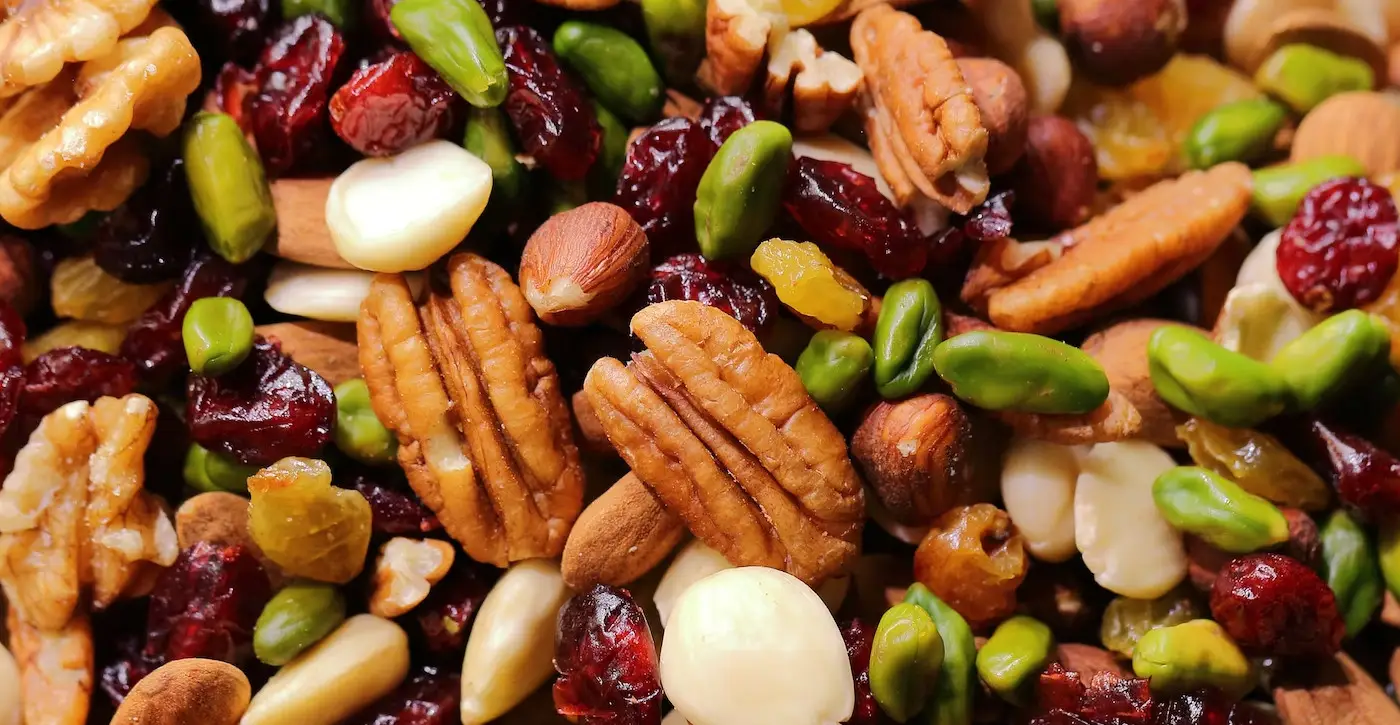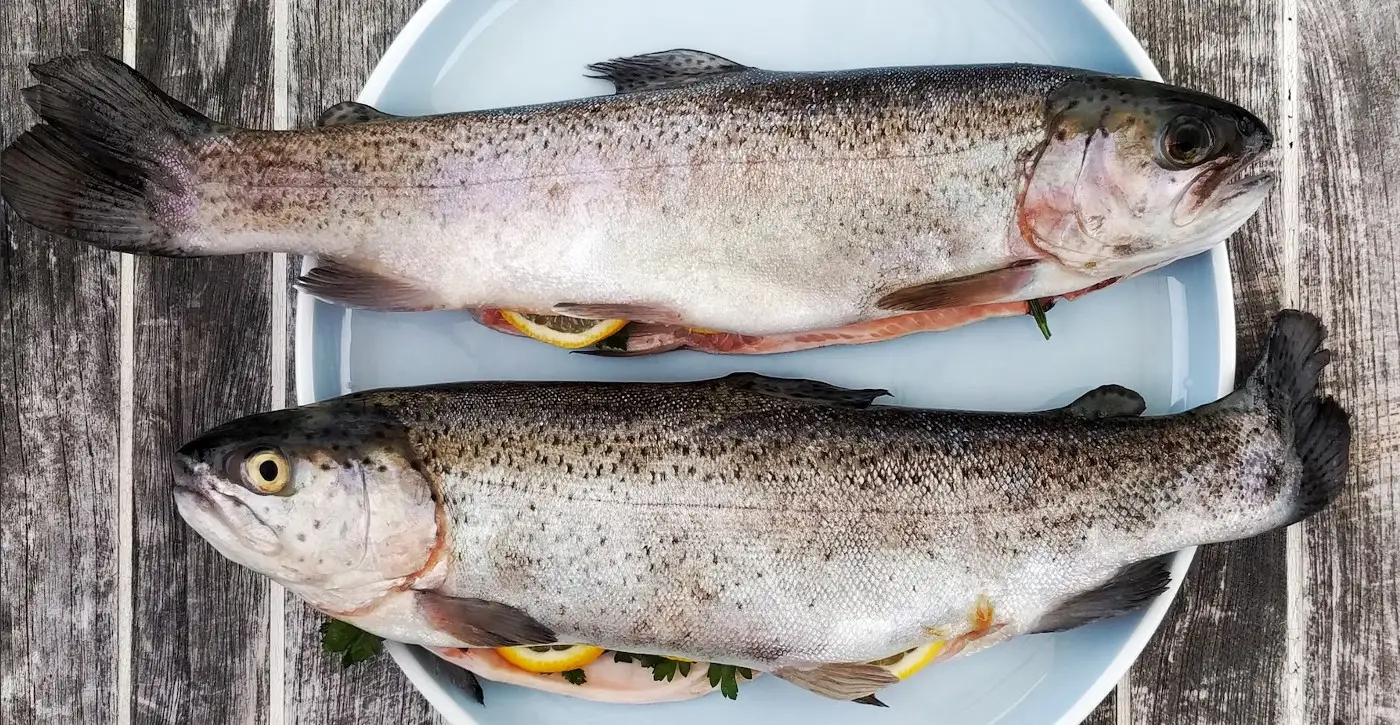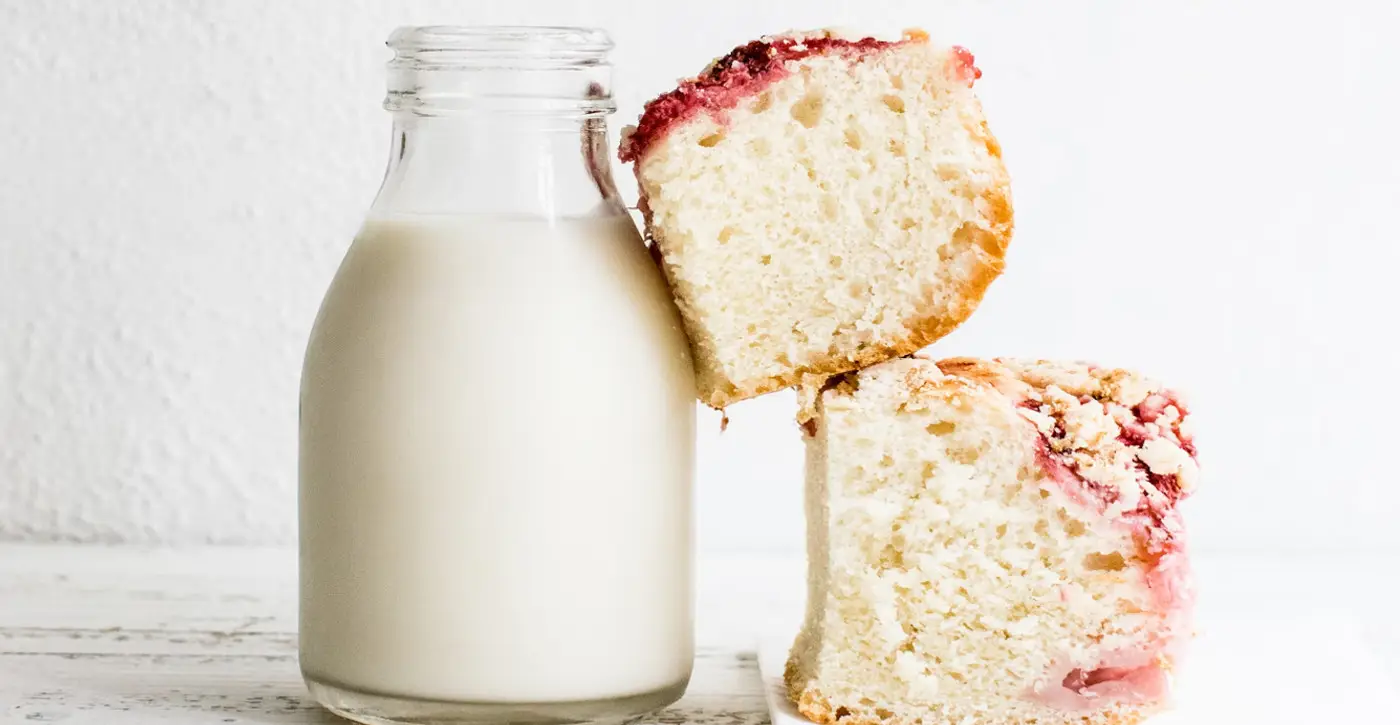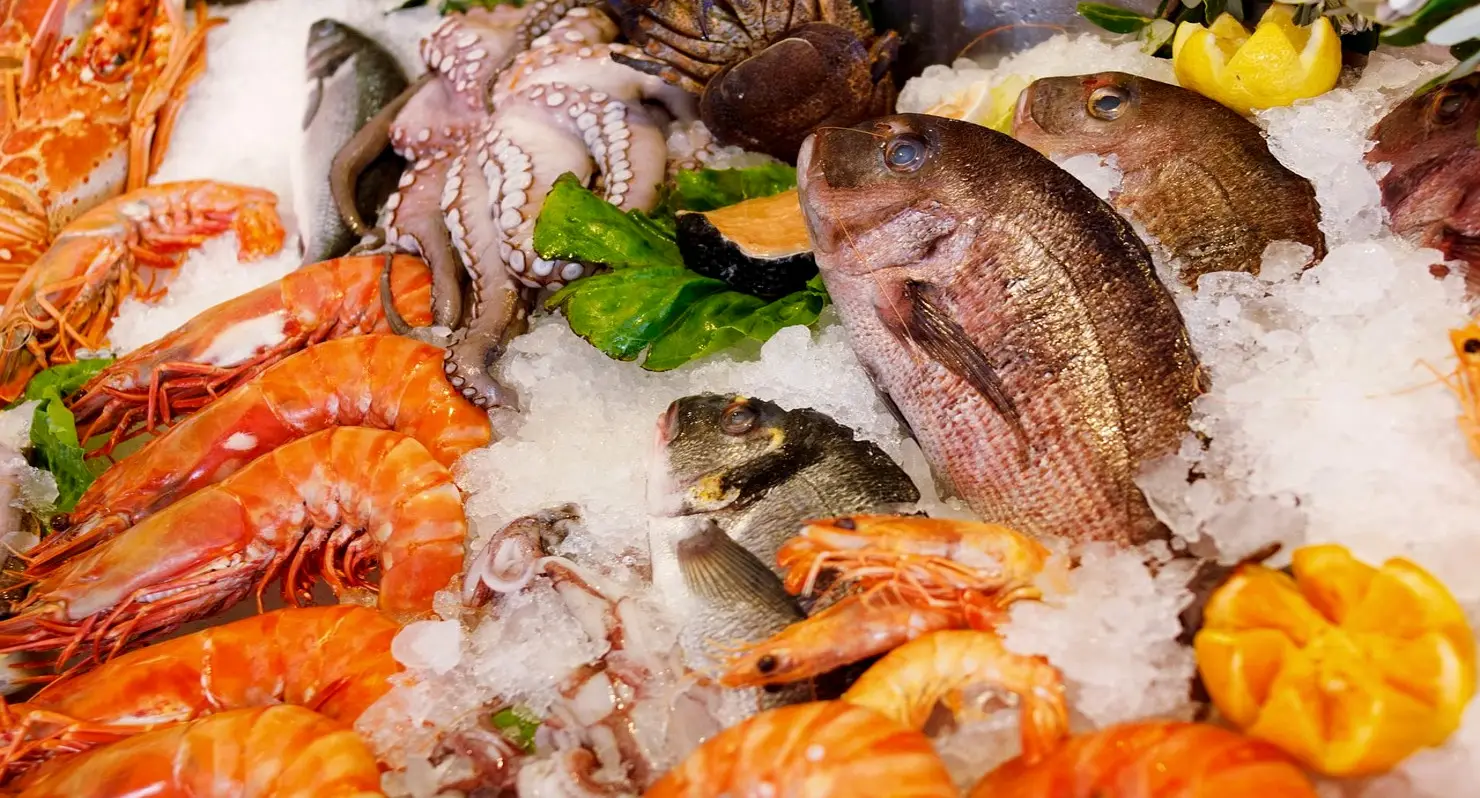Peanut Butter Lysine and Arginine Info Sheet
Overview
Peanut butter is a paste made from roasted peanuts that can be smooth or crunchy.It is often eaten as a spread on bread, crackers, or fruit.
Peanut butter has similar nutritional benefits and drawbacks as peanuts.
It is high in protein, healthy fats, fiber, and various vitamins and minerals.
It may help lower cholesterol, prevent diabetes, and reduce the risk of heart disease.
However, it is also high in calories, sugar, and salt, and some people are allergic to it.
| Name | Lysine (mg/100g) | Arginine (mg/100g) | Ratio |
|---|---|---|---|
| Peanut Butter | 1222mg | 4252mg | 0.287 |
Peanut Butter contains 1222mg of Lysine and 4252mg of Arginine per 100g of product.
This means Peanut Butter has a low Lysine-Arginine ratio of 0.287.
Because Peanut Butter contains much higher levels of arginine than lysine, limiting its consumption is recommended by people who suffer from herpes, as it may trigger outbreaks.
Lysine Considerations
Peanut butter is a good source of lysine, an essential amino acid that is important for protein synthesis, collagen formation, and calcium absorption.
Lysine may also help prevent cold sores and herpes infections.
Lysine can help prevent or treat cold sores, which are blisters caused by the virus HSV-1, also known as herpes.
Lysine works by blocking the growth of HSV-1, which needs another amino acid called arginine to multiply and infect cells.
Lysine can only be obtained through diet, and can be found in a variety of high-protein foods like dairy products, fish, eggs, meat and poultry.
Arginine Considerations
Peanut butter is also a good source of arginine, another essential amino acid that is involved in nitric oxide production, wound healing, and immune function.
Arginine may also help lower blood pressure, improve blood flow, and enhance erectile function.
Arginine can contribute to cold sore outbreaks, which are blisters caused by the HSV-1 virus, also known as herpes.
Arginine aids in the growth of HSV-1, which needs this particular amino acid to multiply and infect cells.
Arginine can be obtained through our diet, and is found in multiple high-protein foods such as nuts, seeds, and chocolate.
Regrettably, the herpes virus is known to "feed" on arginine, and a diet a good source of arginine compared to lysine may increase the frequency and severity of cold sores and herpes outbreaks.
Lysine-Arginine Ratio
Peanut butter has a moderate lysine-arginine ratio, which means that it provides a balanced amount of both amino acids.
However, some studies suggest that a high lysine-arginine ratio may be beneficial for preventing or treating viral infections, such as herpes simplex virus.
Therefore, people with such infections may want to consume more lysine-rich foods and less arginine-rich foods.
Lysine and arginine are both amino acids that are involved in protein synthesis and other metabolic processes.
That said, they have opposite effects on the herpes simplex virus, which causes cold sores and genital herpes.
Lysine can stunt the replication of the virus, while arginine can stimulate it.
Because of this, eating foods that have a high lysine-arginine ratio may help reduce the frequency and severity of herpes symptoms.
Some examples of foods that have a high lysine-arginine ratio are milk and cheese, fish, poultry, fruits, and vegetables.
These foods can provide the body with enough lysine to block the absorption of arginine by the virus, and thus prevent its growth and spread.
Dietary Considerations
Nuts are generally abundant in arginine and not very high in lysine, which makes them unfavorable for people with herpes.
Arginine can stimulate the replication of the herpes virus, while lysine can inhibit it.
Nuts that have the highest arginine to lysine ratio include peanuts, almonds, walnuts, and hazelnuts.
These nuts should be avoided or consumed in moderation by people with herpes.
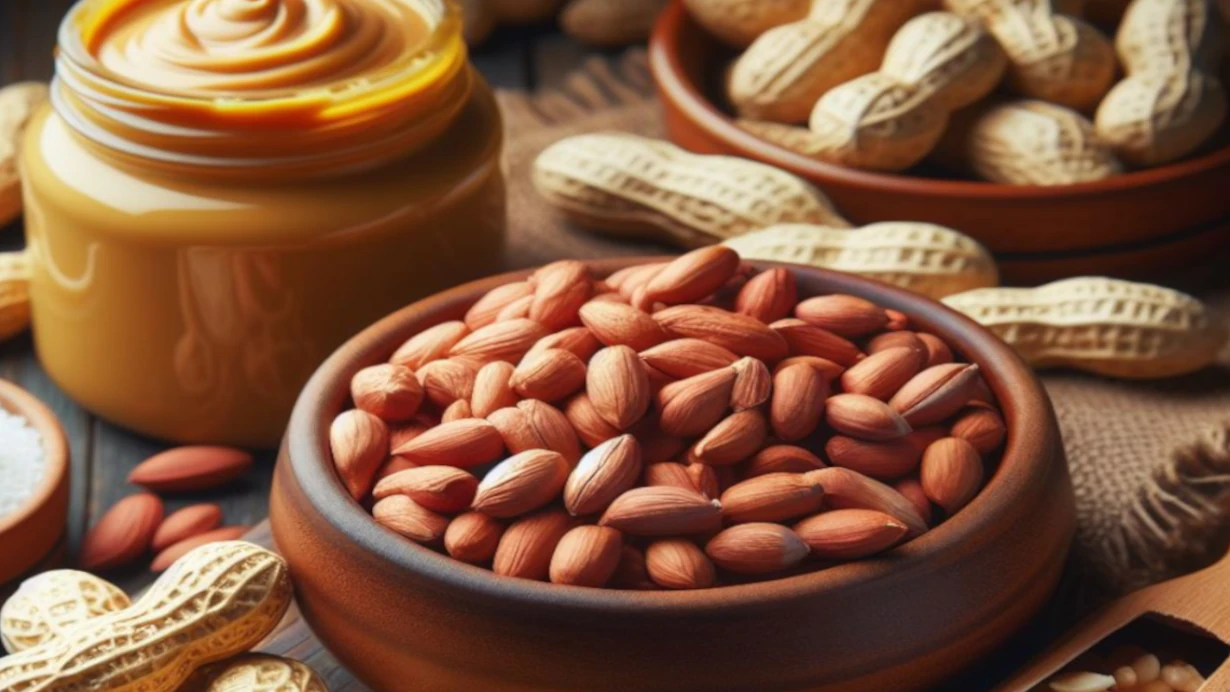
For instance:
You may want to take l-lysine supplements.
L-lysine is known to prevent herpes outbreaks and it can help stop a cold sore in its initial stages by "starving" the virus of arginine before it has a chance to cause a cold sore.
Other food supplements, such as vitamin C, zinc, selenium, and antioxidants, can help you boost your immunity and protect your cells from oxidative stress.
To prevent outbreaks, avoid foods that can cause allergic reactions or sensitivities, such as gluten, dairy, nuts, eggs, or shellfish.
These foods can harm your immune system and make inflammation worse.
Try eating foods that can enhance your immune system and reduce inflammation to avoid outbreaks.
Some of these foods are honey, yogurt, aloe vera, and chamomile.
They can also help you with your symptoms by easing pain, swelling, and itching, and accelerating your recovery.
Check more food information
